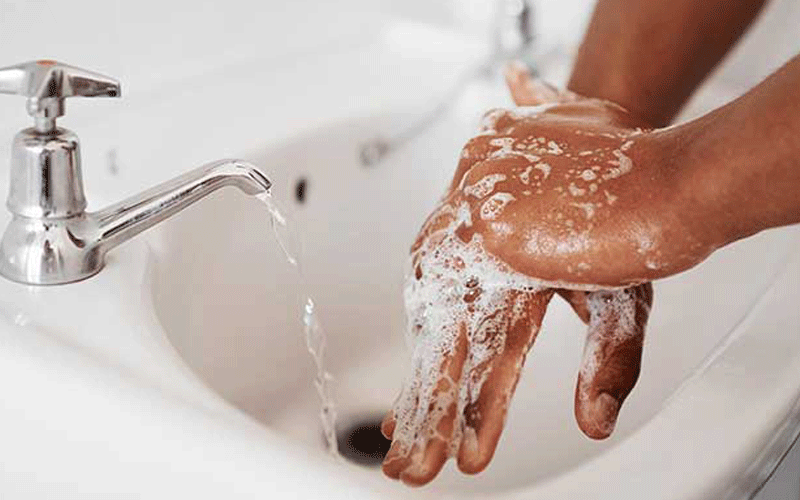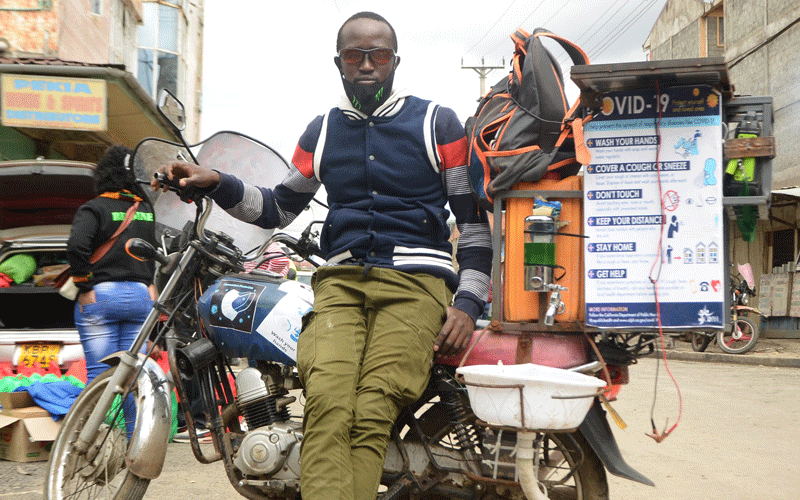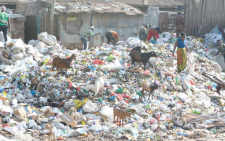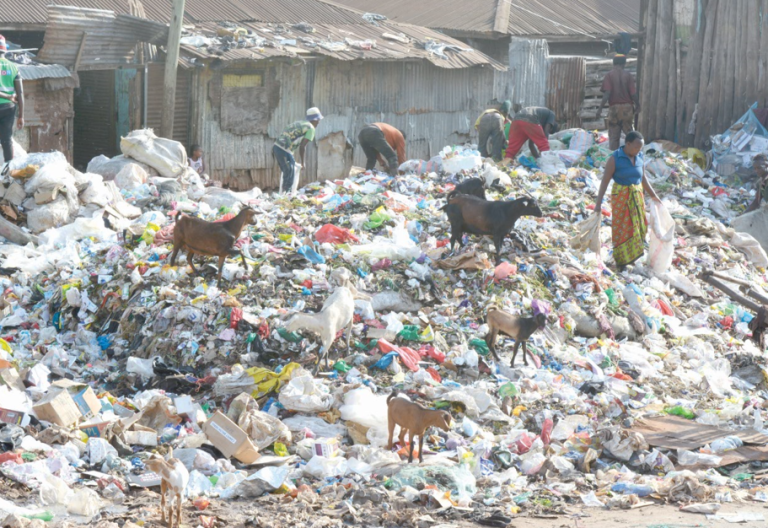Why we must not tire in driving the hand-washing agenda

Pawan Kumar Marella
It is global handwashing day today. So, what, you might ask? Well, it is a day to remember the importance of hand hygiene as one of the most effective and cheapest ways to keep coronavirus at bay.
And not just the coronavirus, we know that access to safe water, adequate sanitation, and proper hygiene education – or WASH (Water, Sanitation and Hygiene) – can reduce illness and death and have an impact on poverty reduction and socio-economic development.
Magnitude of the task
The simple act of handwashing can reduce incidents of pneumonia by 23 per cent and diarrhoea by up to 45 per cent.
When more people use soap regularly and have access to sanitation, the impact on health is significant.
In fact, if everyone followed ideal handwashing habits – washing with soap before eating and after using the toilet – each person would require approximately 20 bars of soaps every year.
However, consumption levels are far below this with 1.5 billion people using less than eight bars of soap per year – this shows the magnitude of the task facing the world in terms of driving the WASH agenda.
While progress is being made on the WASH agenda more needs to be done. The coronavirus pandemic has brought to the fore, both the need for accelerated education on the importance of hand hygiene as well as the urgent need to improve access to water, wash stations and soap.
To address this challenge, we need the private sector, the public sector, the social sector and the community to come together, not only because of the pandemic, but to make hand-washing a common behaviour, particularly among our children, so that we have a bright future.
Towards this end, it has been heartening to see how the multi-stakeholder model has come to play in Kenya.
The government, the social sector, the private sector and communities at large have come together to fight the pandemic by educating the population on the importance of hand washing and providing access to water, wash stations and soap.
Indeed, it has been a year when competitors have come together to collaborate, different social sector players have combined resources and the Kenyan frugal innovation approach has come to the fore, as a joint force is being marshalled to combat the virus and make hand washing a common behavior.
It is good to see entities like the National Business Compact for Coronavirus; for example spearheading the work to accelerate local action and support government efforts in countering the pandemic by educating consumers, and providing access to make hand washing, among other things common practice.
Enabling this are many collaborators and donors, notable among them being the global Unilever-Department for International Development coalition.
Given that one of the big challenges in hand washing is the education and access to soap, large-scale soap donations from organisations like Unilever are also helping this behaviour change.
Local manufacturing and distribution of basic hygiene products like soaps, liquid hand wash and sanitisers has also been a big enabler in this endeavor.
One might say that in this year, due to Covid-19, the importance of hand washing among the public has increased.
But we need to continue this journey and ensure that this habit of hand washing is not forgotten after coronavirus.
A major event to do this is the Global Handwashing Day (GHD) that is celebrated every year on October 15.
The day is a global advocacy day dedicated to increasing awareness and understanding the importance of handwashing with soap, to prevent diseases and save lives.
Across the world, 200 million people take part in celebrating GHD in more than 100 countries.
Lifebuoy is a founding partner of the Gobal Handwashing partnership, which has supported GHD from its outset.
As we go forward in this journey, we you today, to educate yourself, your family and those around you on the importance of hand washing and let’s make it as omnipresent as “H is for Handwashing.”— The writer is Marketing Director, Unilever










